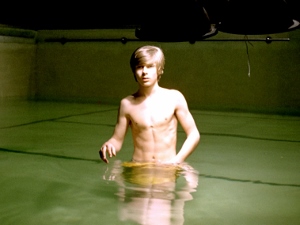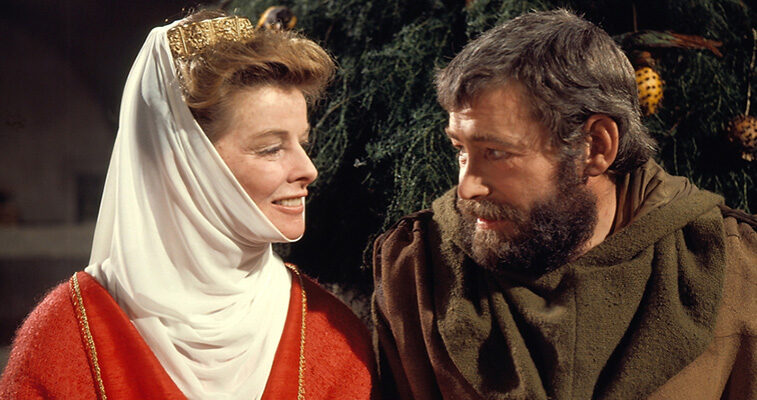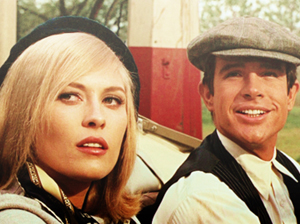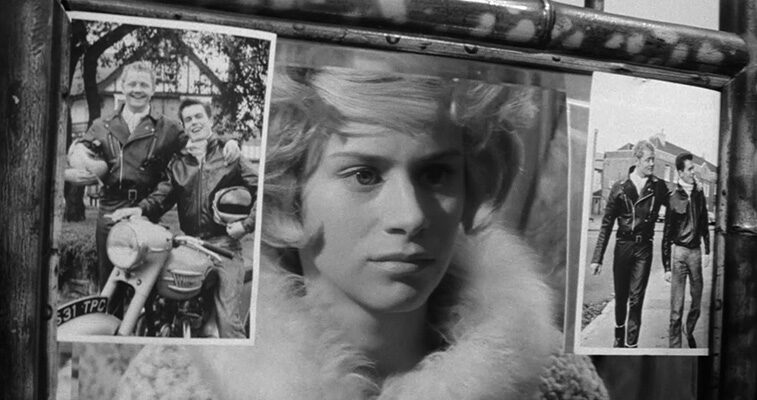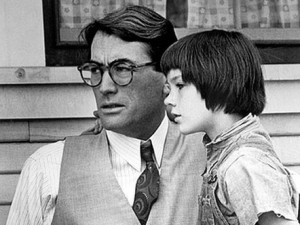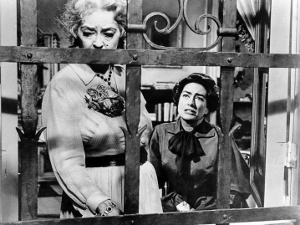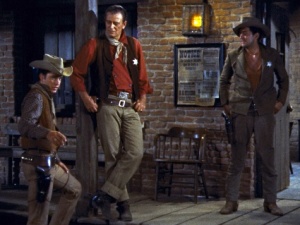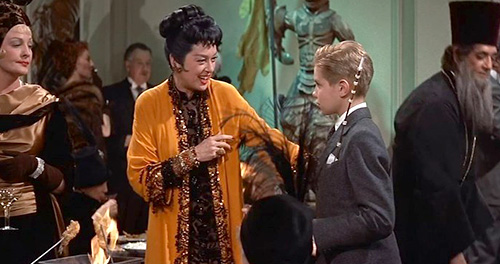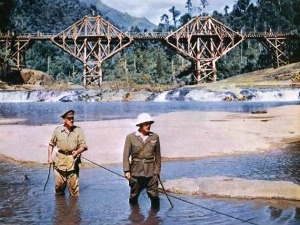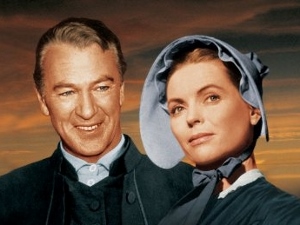The Lion in Winter (1968)
Bonnie and Clyde (1967)
[9]
Warren Beatty and Faye Dunaway star as the legendary real-life bank robbers in Arthur Penn’s volatile Bonnie and Clyde. With its anti-hero point of view and graphic violence, this film helped lead the charge for grittier, more realistic fare that cropped up throughout the ’70s. While the film certainly sensationalizes the criminals, it also humanizes them. It’s easy to see how a bored waitress like Bonnie Parker would fall for a handsome bad boy like Clyde Barrow (I mean, who wouldn’t get in a car with smoking-hot Warren Beatty?) And since the two only robbed banks, they became folk heroes to a working class destroyed by foreclosures. I also like that the film suggests Clyde is impotent. It’s refreshing to see a tough guy with flaws and foibles, and it also makes the romantic relationship more interesting than most.
The Leather Boys (1964)
To Kill a Mockingbird (1962)
[10]
Harper Lee’s Pulitzer Prize-winning novel is lovingly adapted to film by director Robert Mulligan, screenwriter Horton Foote, and producer Alan J. Pakula. Gregory Peck earned the Best Actor Oscar for his portrayal of Atticus Finch, a lawyer of uncompromising morals who puts the safety of his family on the line to defend Tom Robinson (Brock Peters), a black man accused of raping a white woman. Finch is also a widower, raising his two young children with the help of his maid Calpurnia (Estelle Evans). The narrative is made a coming-of-age story through the eyes of Finch’s youngest, the feisty Jean Louise — or Scout (Mary Badham) as she’s nicknamed. Scout’s perspective on racism is balanced with her own fear and ignorance surrounding a neighbor named Boo Radley (Robert Duvall), who turns out to be her salvation when she and her brother are attacked by a bigot seeking revenge on their father.
What Ever Happened to Baby Jane? (1962)
Rio Bravo (1959)
Auntie Mame (1958)
The Bridge on the River Kwai (1957)
[8]
A British colonel (Alec Guinness) leads his fellow POWs in constructing a bridge for their Japanese captors, unaware of the fact that allied forces, guided by a reluctant American (William Holden), have launched a covert mission to destroy it. David Lean’s film zips along remarkably well considering it’s nearly-three-hour running time. The film benefits from its exotic locale, Oscar-winning cinematography, and distinguished performances.
Friendly Persuasion (1956)
[9]
William Wyler directs this story about an Indiana Quaker family trying hard to keep their pacifist faith while the Civil War creeps up on their doorstep. The screenplay makes the period setting completely accessible, skillfully blending comedy and drama with character and substance. I quickly invested in the family, especially Gary Cooper as the father, a man who enjoys horse racing his neighbor to church on Sunday mornings. Dorothy McGuire is beautiful and endearing as his stalwart wife, and Anthony Perkins makes a memorable turn as their oldest son.

